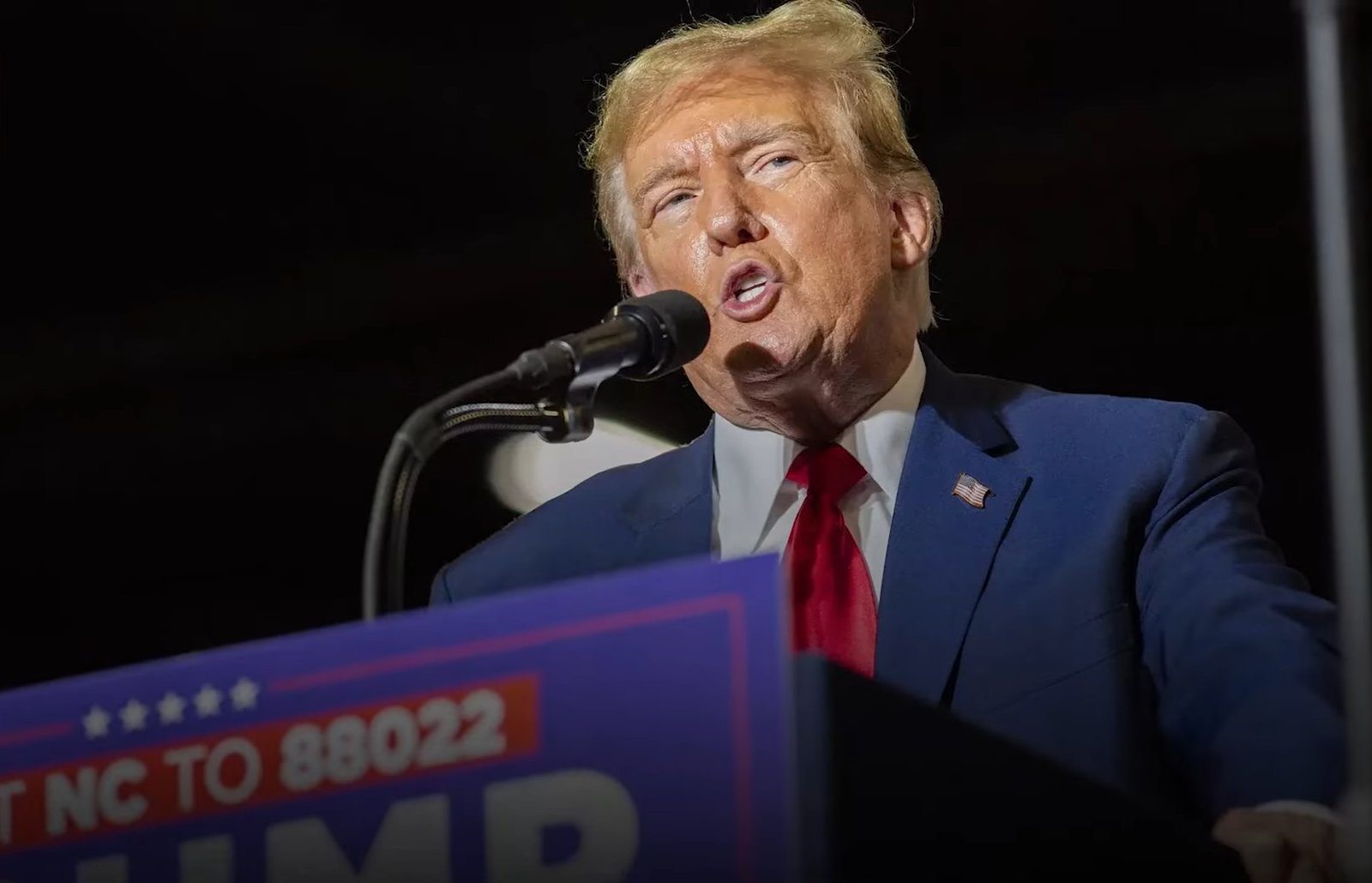
Super Tuesday 2024:
Super Tuesday 2024, the pivotal day in the U.S. presidential primary election season, is fast approaching, with voters in a total of 31 states and one territory poised to cast their ballots. The stakes are high as this day often plays a crucial role in shaping the trajectory of the races for both the Republican and Democratic nominations.

For Democrats, President Biden remains the clear front-runner, facing no significant challengers. However, Rep. Dean Phillips from Minnesota has launched a longshot bid against Biden, potentially facing defeat in his home state. Interestingly, author Marianne Williamson, after initially suspending her campaign, resurfaced following a better-than-expected performance in the Michigan primary, overshadowing Phillips.

On the Republican side, former President Donald Trump leads the pack, but former United Nations Ambassador Nikki Haley is still in the race, hoping to make a dent in Trump’s path to nomination. Despite not securing any state victories yet, Haley has amassed delegates along the way, keeping the competition alive.

Super Tuesday 2024 features primaries in 15 states for both Republicans and Democrats, with Republicans also holding caucuses in two states, and Democrats caucusing in American Samoa. Notably, Iowa’s Democratic caucuses, conducted entirely by mail, will be releasing results on March 5 to comply with the Democratic National Committee’s calendar.
The Super Tuesday 2024 lineup varies from election to election, with states vying for more influence by moving up their primaries. The concept of Super Tuesday originated in 1988 when southern states sought to coordinate to nominate a more moderate candidate. Since then, the phenomenon has grown, with states joining in to exert greater influence on the presidential election.
With hundreds of delegates up for grabs, both parties are keenly aware of the significance of Super Tuesday 2024. For Republicans, 865 delegates are at stake, with a candidate needing 1,215 delegates out of 2,429 to secure the nomination. On the Democratic side, 1,420 delegates are in play, and a candidate needs 1,968 out of 3,934 total delegates for nomination.
The delegate counts are distributed across the participating states, ranging from Alabama to Virginia for both Republicans and Democrats. This includes key battlegrounds like California, Texas, and North Carolina, which carry substantial delegate counts and strategic importance in the nomination process.
For Republican contenders, this is Nikki Haley’s final opportunity to slow Trump‘s momentum, especially after his recent wins in South Carolina and Michigan. Haley’s campaign has launched a significant ad campaign and is actively engaging with voters across the country in the lead-up to March 5.
Despite Super Tuesday’s significance, it’s not the end of the primary season, with remaining states voting through the summer and fall. Both parties will hold their conventions later in the year to officially nominate their candidates for the general election.
As voters prepare to cast their ballots on Super Tuesday 2024, they’re not only deciding on presidential nominees but also influencing races for Senate, House, and gubernatorial seats. With high-stakes contests in states like California, North Carolina, Texas, and Alabama, the outcomes will have far-reaching implications for the political landscape in the coming years.





